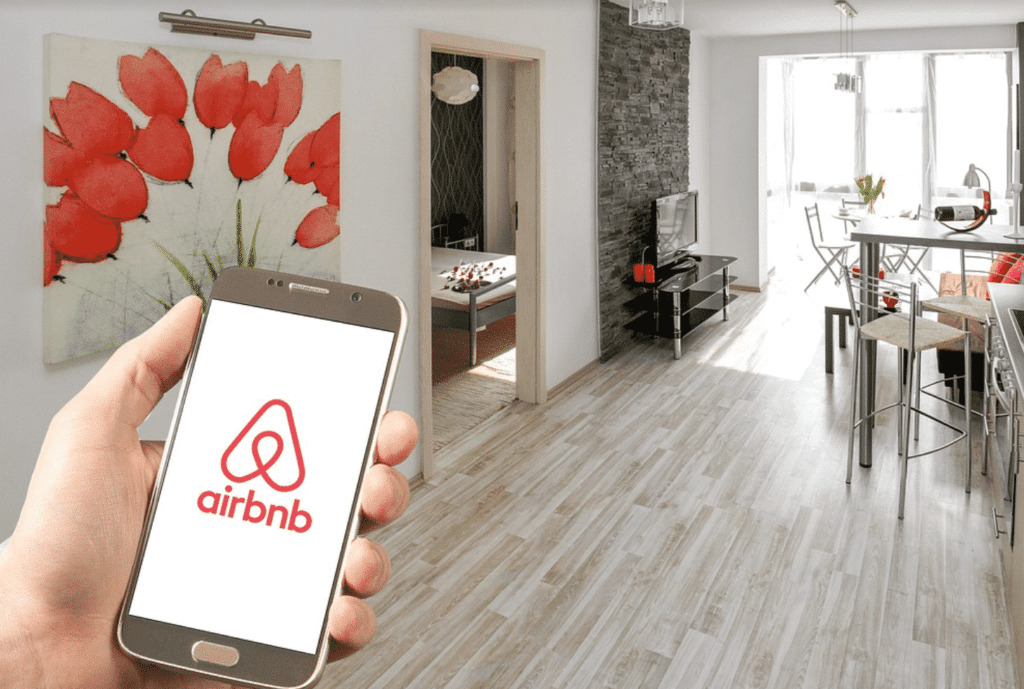
Florida Airbnb hosts are subject to several important regulations designed to keep the hosts, their property, and their guests safe. You may think that becoming an Airbnb host is as simple as listing your property online, but it’s necessary to understand all existing regulations before you welcome your first guests.
In this article, we take a look at some South Florida Airbnb regulations for you to be aware of. If you have any questions about these regulations, or want to ensure you are in compliance with them, please contact us today. Our experienced team will be happy to discuss Airbnb laws and regulations, and what they mean for you as an Airbnb host, as well as your property.
What Are The Current Florida Airbnb Rules & Regulations?
If you’re an Airbnb host anywhere in Florida, there are statewide short term rental laws & regulations that you must be in compliance with. These include:
- Sales Tax: Revenue earned by Airbnb hosts is subject to sales tax, as you’re technically selling your property for temporary use, and Airbnb automatically collects and pays this tax on behalf of the host.
- Florida Transient Rental Tax: Usually around three to five percent of the Airbnb listing price, this tax is applicable to all reservations shorter than six months. It also includes the cleaning fees.
- Florida Discretionary Sales Surtax: This tax is generally 0.5 – 1.5% of the Airbnb listing price, cleaning fees included, for stays that are six months or shorter. Each county sets its own rate for this tax, so check with your county’s office for the exact amount.
- Tourism Development Tax: Effective in Miami-Dade but not all areas of Miami-Dade county, this tax is generally two to five percent of the Airbnb listing price, and is applicable to all stays six months or shorter.
Contact us today for your free & confidential case review. Our team will help you get the compensation that you deserve.
Are There Any Exemptions To Florida Airbnb Laws?
There is one exemption for Miami Airbnb rentals, it’s called the homestead exemption and it’s a property tax exemption of up to $50,000. You can qualify for this exemption if the Airbnb property you rent out is your official permanent residence in the state of Florida, and you’re restricted to renting the property for no more than 30 days each year.
The property you host on Airbnb must be your permanent residence in order to qualify for the homestead exemption — secondary vacation rental properties are not eligible for this exemption.
Miami Airbnb Regulations You Need To Know About
Miami itself has certain regulations that Airbnb short term rentals hosts should be aware of, including:
- Building and Housing Standards: All Miami property owners must be in compliance with regulations regarding construction, design, maintenance, and standards of their buildings. These regulations enforce health and safety standards, as well as habitability.
- Miami Zoning Codes: Miami property owners, including Airbnb hosts, must be in compliance with the city’s current zoning requirements. There are different requirements depending on what type of property it is, so please check with your local zoning board to ensure your property is compliant.
- Business License: All Airbnb hosts must have a valid business license before listing their property on Airbnb.
As you can see, there are numerous Florida Airbnb laws you must be in compliance with before listing your property on Airbnb. Although it may seem like a lot, our experienced team can guide you through the compliance process and ensure you’re abiding by all state and county rental regulations.
For more information about Florida Airbnb laws, or if you have any questions, please contact our legal team today. We will help ensure you’re abiding by all the laws and regulations to keep yourself and your vacation rental property safe. We look forward to hearing from you.
Last updated Tuesday, November 21st, 2023








